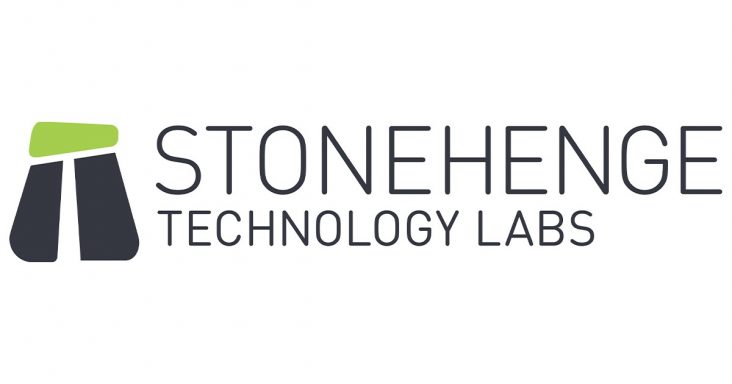Bentonville tech firm awarded $256,000 grant
by May 28, 2020 10:09 am 1,599 views

The National Science Foundation’s Small Business Innovation Research (SBIR) program has awarded Phase I funding to Bentonville startup Stonehenge Technology Labs.
The research & commercialization grant is worth $256,000. It backs Stonehenge’s Requisite Junction, a mobile web application that informs consumers in real-time which shopping locations — both brick-and-mortar and digital retail sites — are stocked with products for which they’re looking.
Meagan Kinmonth-Bowman, Stonehenge’s founder and CEO, explains that the location-based search algorithm taps a centralized information hub containing real-time stock and inventory levels enabling consumers to plan and route their supply pickup efficiently.
Once running, Requisite Junction will be programmed to aid in social distancing by proactively recommending routes and locations to users of the app. Current inventory units, coupled with the inventory units others have planned to purchase from a single location over a specific time frame, will allow Requisite Junction to recommend alternative locations and times to consumers who would otherwise be walking into a distribution bottleneck.
Suppliers and retail distributors receive real-time data from the consumers through Requisite Junction Insights.
“It’s a huge project, and we are thrilled to be chosen to participate,” said Kinmonth-Bowman said. “We’re a tiny startup, but like everyone else we’re facing challenges in the midst of coronavirus. We started reaching out with our technology to see if there was any way we could play a role to support the government and/or private hospitals, schools, etc.”
With provisional patents filed, both Requisite Junction and Requisite Junction Insights will use data-compiling mechanisms to fuel Stopwatch, Stonehenge’s artificial intelligence and machine learning software product. It’s an e-commerce cross-management platform that helps brands and manufacturers maximize online efficiency.
“Our goal with Stopwatch is to ensure large CPG manufacturers have quick and easy access to not only their in-store performance, but all aspects of online performance including pickup in-store,” she said. “We are excited to launch Requisite Junction in response to the COVID-19 pandemic as a consumer-facing web application readily identifying stock availability of essential items based on ZIP code. Our goal is to encourage social distancing and help people get what they need when they need it.”
Stonehenge started up nearly two years ago as the technology and data science arm of an e-commerce intelligence firm. The company employs a team of a half-dozen — and growing — high-level developers and engineers.
Kinmonth-Bowman and Stonehenge employees are the majority owners. Two silent investors also have a stake in the business.
Kinmonth-Bowman said no one at the company had prior experience with grant-writing.
“We’re a team that’s been together for a while, sharing the same foxhole,” she said. “We felt with our performance track record, we would be able to hack something together using the same base data engine fueling [Stopwatch].”
Stonehenge was chosen over groups from Google, the University of California at Berkley and Yale.
In 2019, the National Science Foundation made changes to how it handles SBIR proposal submissions, introducing a pilot program to replace the recommended existing pre-proposal executive summary with a required Project Pitch as a first step.
If the National Science Foundation decides a project pitch is a good fit for the overall program, applicants are officially invited to submit a full proposal. The National Science Foundation funds about 330 out of 10,000 proposals each year. To date, Stonehenge is the first SBIR information technology awardee in Arkansas. The program has been around since 1977.
“NSF’s new pitch process is really the leading example of how institutions can process grants the right way,” said Austin Willis, Stonehenge’s principal data scientist. “It lets them say, ‘Yes, this project has strong technical, commercial, intellectual merit and has the chance for major societal impact.’ As a professional scientist and elected principal investigator for this project, it’s hard to express what this stamp means for our team and our work. We can’t wait to get started.”
